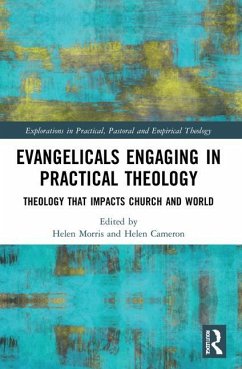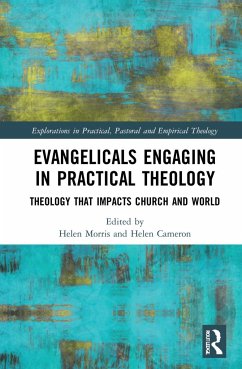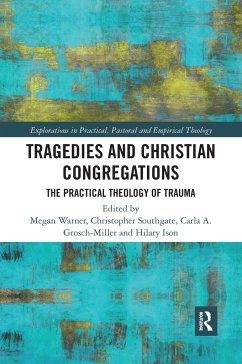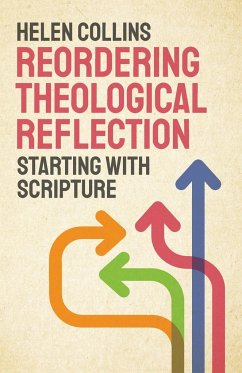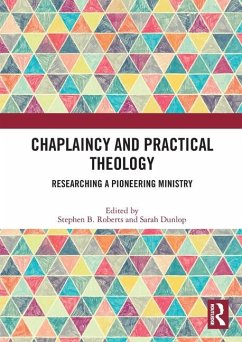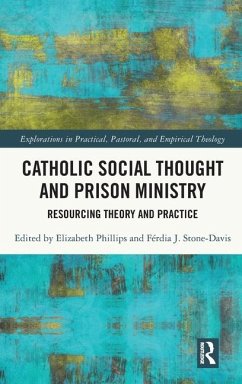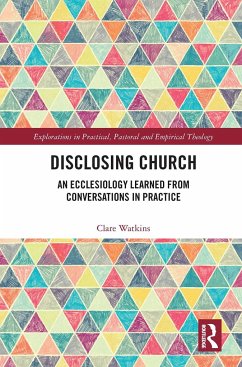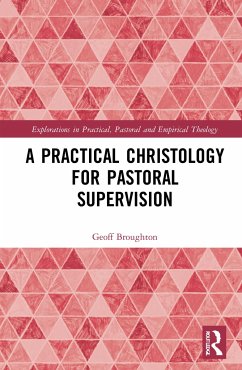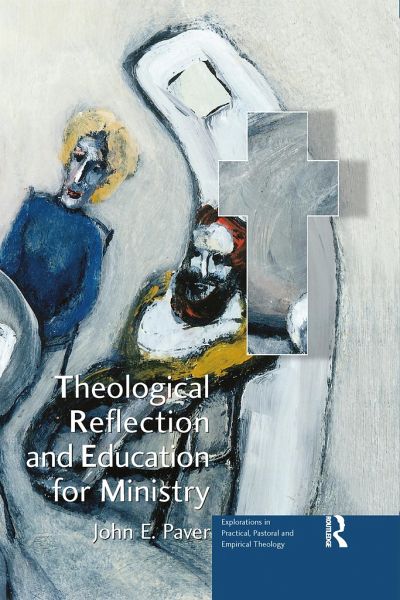
Theological Reflection and Education for Ministry
The Search for Integration in Theology
Versandkostenfrei!
Versandfertig in 6-10 Tagen
46,99 €
inkl. MwSt.

PAYBACK Punkte
23 °P sammeln!
A major and continuing problem for theological education and the practice of Christian ministry is how to best achieve a genuine integration between theory and practice, theology and experience. The key claim of this book is that theological reflection, beginning with experience, is a method of integration and that pastoral supervision is a vehicle for theological reflection. In establishing this claim, John Paver demonstrates that the model and method have potential to be a catalyst for reform within theological colleges and seminaries. Three different theological reflection models are develo...
A major and continuing problem for theological education and the practice of Christian ministry is how to best achieve a genuine integration between theory and practice, theology and experience. The key claim of this book is that theological reflection, beginning with experience, is a method of integration and that pastoral supervision is a vehicle for theological reflection. In establishing this claim, John Paver demonstrates that the model and method have potential to be a catalyst for reform within theological colleges and seminaries. Three different theological reflection models are developed and critiqued in this book, and their capacity to be developed in particular contexts is explored. This book does not stop at ministry, cultural and personal integration, but is bold enough to make recommendations for structural integration within the theological institution.





